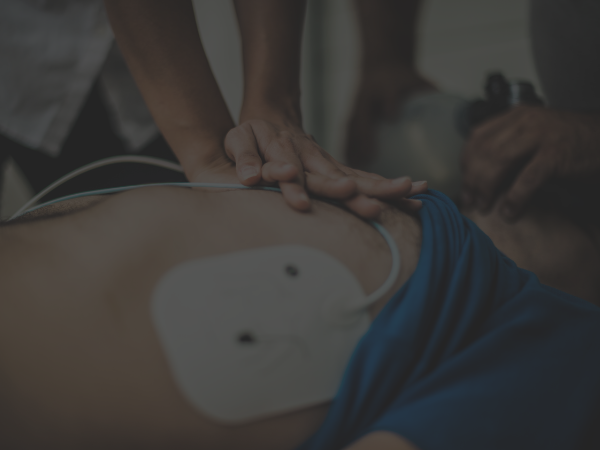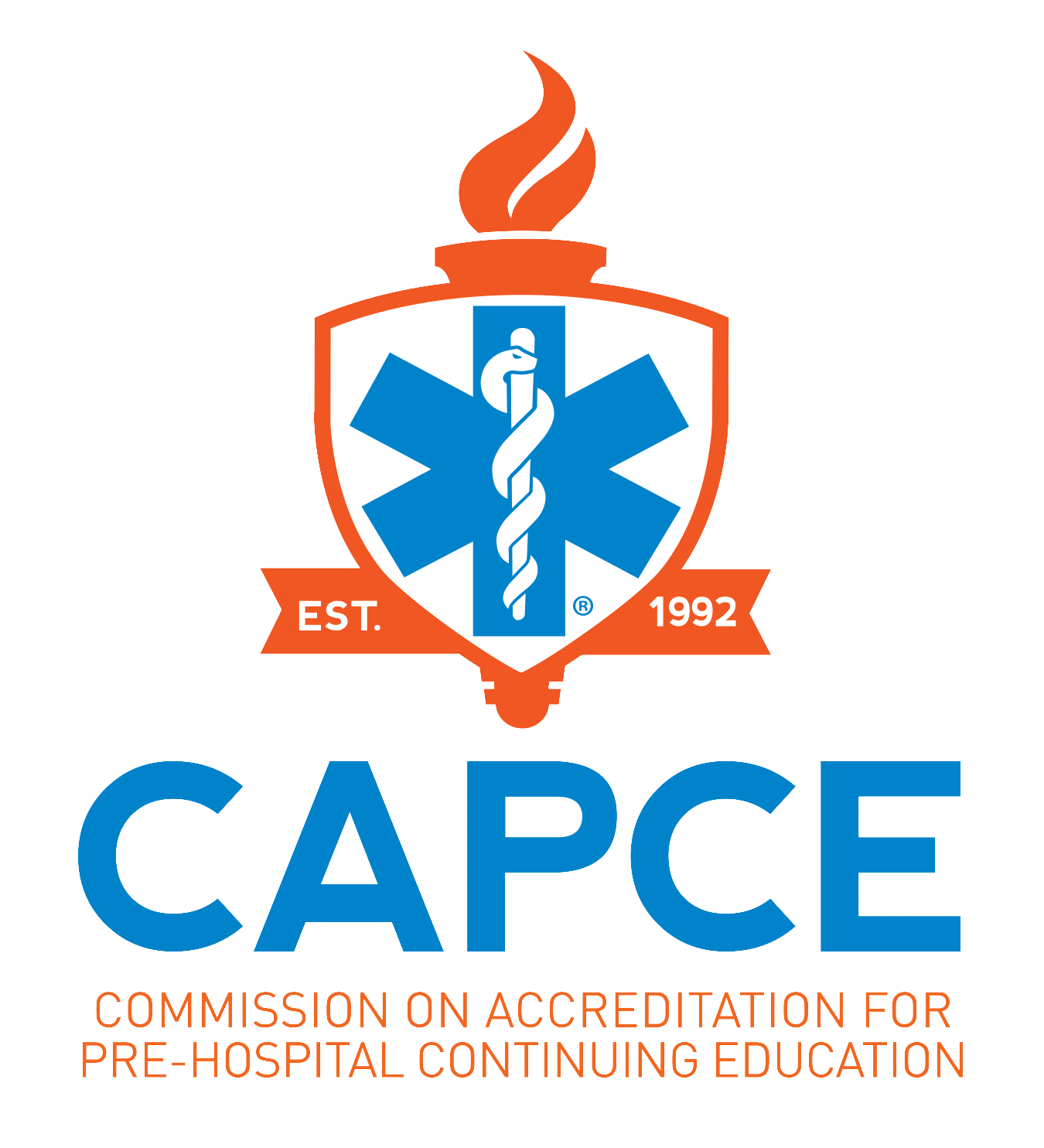Your cart is currently empty!
14 Heart Health Tips for Busy Professionals
As a medical professional, unpredictable hours and long days define your life. In more recent times, pandemic fears have added a whole other level to an environment that isn’t very conducive to heart health.
Despite working in an industry that focuses on heart health, ironically, you don’t always prioritize your own. And it’s starting to catch up with you or you’re worried it will. The good news is the body is very resilient. It can, in most cases, recover from unhealthy behaviors faster than you think.
Dean Ornish, MD of the Preventive Medicine Research Institute says that by embracing heart health habits you can significantly reduce your risk of heart disease-related ailments like high blood pressure in as little as three to four weeks. But that’s no reason to wait because if you’re not making heart-healthy choices, a heart attack can happen at any age.
According to the American College of Cardiology (ACC.org), the percentage of people under 40 having heart attacks has risen two percent a year, year over year, for the past 10 years.
So read on to explore practical heart health tips for people who don’t have a lot of extra time.
1. Develop a Growth Mindset
 A person with a growth mindset (HBR.org) realizes they’re not perfect. As a result, they actively identify and focus on areas they want to improve.
A person with a growth mindset (HBR.org) realizes they’re not perfect. As a result, they actively identify and focus on areas they want to improve.
Instead of shaming and blaming themselves for bad habits, they recognize that people have the capacity to change and become who they want to be. They see failure as a temporary setback and a learning experience. Any perceived character flaws (like having an “addictive personality”, which The Scientific American calls a “Myth”) are mostly mental blocks to overcome versus actual barriers.
As part of your growth mindset, you can set realistic goals, identify bad habit triggers, and recruit an accountability buddy. To make real and lasting changes to disease prevention, wellness, and heart health, work first on developing this mindset.
2. Bring Healthy Snacks to Work
A little planning goes a long way when it comes to heart health on a busy schedule. You can quickly bag up some tasty, heart-healthy, and filling walnuts or almonds for work. They don’t require refrigeration, and if you don’t eat them, they stay good for weeks in a closed bag. Hopefully, you’ll eat them before then.
People often justify unhealthy choices by blaming lack of time. But not taking a little time to prepare is also a choice.
At least when you give yourself an option, you know you’re making an active decision if you choose fast food instead. No judgment, just personal responsibility.
For those who need variety, other heart-healthy snacks include:
- Hummus and veggies
- Pumpkin seeds and other nuts
- Plain full-fat Greek yogurt with berries and chia seeds
- Real cheeses like aged gouda, feta, or cheddar
- Whole-grain crackers
3. Limit the “Bad” Foods
Nothing that provides people with nourishment without poisoning them is inherently bad. But some foods are clearly better than others. You’ll want to seek out nutrient-dense foods over nutrient-stripped ultra-processed foods. US News researchers estimate that in 2021, 57% of the typical US diet is ultra-processed. These are foods that barely resemble natural foods because of excessive preservatives, artificial ingredients, added sugar, and sodium, etc. At the same time, they often deplete these foods of fiber and nutrition.
4. Swap “Bad” for “Better”
It’s all good and well to say we should not eat processed foods, but we’re talking about busy schedules here. There’s a reason so many of us turn to processed food. Ultra-processed foods are convenient and tasty. That’s why we eat them on the go.
As a busy professional seeking better heart health, it helps to think in terms of “better for you” foods rather than “good or bad”. Minimally-processed foods are still processed and often convenient. But they’re usually “better for you” than ultra-processed foods.
Ultra-processed Foods List
- Most breakfast cereals
- Flavored chips
- American-style loaf bread
- Fried foods
- Cookies and most crackers
- Soft drinks
- Mashed potato flakes
- Most granola bars and the like
- Candy
Minimally Processed Foods List
- Frozen and canned vegetables
- Baby carrots
- Pre-cut fruit
- Rotisserie chicken
- Whole food meal kits
- Plain tortilla chips
- Traditional bread (Ethiopian flatbread/Injera, pumpernickel, maize corn tortillas)
- Nuts, seeds, quinoa, lentils, rice, barley, oats (yes, they’re minimally processed if the manufacturer de-shelled them for you.)
- Plain full-fat yogurt
- Nut butter (without added sugar)
- Hummus
- Canned meats and fish (Sardines are loaded with heart-healthy Omega 3!)
- Aged cheese
- Lentil pasta
- Heavy cream
- Extra Virgin Olive Oil (EVOO)
- Unrefined coconut oil
- 100% fruit juices
- Less processed granola bars
5. Prioritize Healthier Food Options
If you’re in med school or residency and living on a slim budget, then this one may be out of reach right now. But if you do have some funds to work with, buying higher quality foods can be a great heart health investment.
These might include choosing pasture-raised, grass-fed, and organic. Some premium foods are mostly marketing hype. But many do have science to back them up.
Pastured Eggs Vs Conventional Chicken Eggs
Take pasture-raised chicken eggs, for example. In addition to being generally more humane, a study published by Cambridge University (Cambridge.org) compared them to conventional eggs. The former had much higher levels of Vitamins A, E, and D, plus heart-healthy Omega 3 or other essential nutrients. They also have 30 to 50% less cholesterol, saturated fat, and pro-inflammatory Omega 6.
This is due to the fact that when free-ranging, chickens eat their natural omnivore diet rather than a vegetarian one. Chickens are not vegetarians, despite what that egg carton would have us believe.
It’s important to note that cage-free is not the same as free-range or pasture-raised. Cage-free chickens are usually raised in barns and not allowed out. So their eggs do not have the same health benefits. It’s just a little better for the chickens.
If you eat animal products, eggs are the perfect quick meal for a busy professional. Whether you boil them, scramble, or make a veggie-filled omelet, your heart will thank you.
But wait. Aren’t eggs bad for heart health? For decades, eggs were blamed for raising cholesterol. But current scientific evidence (Clevelandclinic.org) suggests that the cholesterol we eat does very little to raise bad cholesterol. Other factors like genetics, lack of physical activity, and poor diet are much more likely to impact cholesterol, blood pressure, or any other heart disease factors.
6. Move More / Get Some Physical Activity
It may be a stretch to call “sitting the new smoking”, but sitting for long periods of time definitely takes a toll on your heart and health.
It:
- Decreases leg strength, which increases knee pain, making you want to move less
- Reduces circulation in the lower extremities, which can lead to vascular diseases, nerve pain, and risk of blood clots
- Increases your risk of diabetes type 2, dementia, and heart disease
- Increases heart stress when you finally do get up
- Shortens your life
- Can undo exercise benefits
Studies have shown that working out 30 minutes a day 7 days a week is not enough to reverse the damage sitting for 7 or more hours a day does to the heart and body. (NIH.gov). You’d have to work out at least one hour a day every day to counteract the damage. Few people do that.
So the answer may not be the traditional wisdom of “get more exercise”, which is still important, of course. See 9 workouts to combat heart disease.
Instead, the key is increasing physical activity throughout the day if you have a sedentary job or lifestyle. And yes, even in healthcare, many sedentary jobs exist.
7. Walk to the Store Instead of Driving Sometimes
If you just need a couple of things and the store is within one to two miles, sometimes walk just for the “fun” of it. You may be surprised that you enjoy the freedom from traffic and the scenery you’re less likely to notice while driving.
8. Get off the Bus Ahead of Your Stop
Get off early and walk an extra block. If you never ride the bus or take the train (if available), start doing so once or twice a week. If you’re the kind of person who loathes walking or running on a treadmill or stationary bike because it seems pointless, know that functional physical activity is some of the best. You feel a sense of accomplishment that will keep you more motivated.
9. Do the Yard Work Yourself
Yes. We are getting into activities that don’t necessarily align with a busy schedule. But the truth is that most people with busy days do have extra time. They may simply not use it for heart health activities.
Yard work is yet another functional activity you could do, but many people pay someone else to do it (if they have the money). That’s unfortunate because yard work can be very rewarding. Whether you’re raking, trimming, gardening, or just mowing, it’s great for your heart.
10. Always Take the Stairs when Available
If you’re in a hotel, and not on the 10th floor, then find the stairs. Use them to go down to the lobby, and if you’re able, back up to the room. If you have stairs at work, don’t let this opportunity for physical activity pass you by.
Once you make a commitment to making small tweaks like these, you’ll feel motivated to do more.
11. Practice Mindful Breathing
A stressful event can dramatically raise your blood pressure. And if you have prolonged periods of stress, this high blood pressure can become a more permanent fixture in your wellness profile. Managing stress is as important to prevention as other items on this list.
Physical activity and diet improvements will certainly improve how your body responds to stress long-term. But in a pinch, when you’re feeling overwhelmed, nothing is better than taking a few controlled, deep, long breaths.
Deep breathing shifts the body from the sympathetic to the parasympathetic nervous system (NIH.gov). Both systems are part of your autonomic nervous system, meaning they function automatically.
The sympathetic nervous system raises blood pressure, increases heart rate, and can cause sweating, shaking, freezing, stuttering, intestinal distress, and other undesirable side effects of stress. When you feel “stressed”, this system is activated.
Deep breathing “tricks” the body into thinking it’s time to relax, recover, and digest. When the parasympathetic nervous system takes over, your blood pressure goes down and the other side effects go away. In most cases, this gives you a little time to process what you’re stressed about and deal with it in a more constructive way.
12. Know the Signs of a Heart Attack
- Chest discomfort

- Pain in one or both arms
- Shortness of breath …And sometimes
- Nausea
- Lightheadedness
- Cold sweat
13. Learn CPR and First Aid
Learning CPR and First Aid is one of the greatest gifts you can give yourself or a loved one. It allows you to act quickly and confidently in a stressful situation to save a life or preserve your quality of life.
It also provides you with insights into how the body works if you don’t have formal medical training.
You can take a free CPR and First Aid course online in your spare time. These courses are Joint Commission
compliant and follow ILCOR’s scientifically validated guidance during medical emergencies.
14. Get Advanced Cardiac Life Support Training (ACLS)
If you do have some medical training and want to take it to the next level, consider taking a free online ACLS course to learn more advanced heart and life-saving techniques you can apply within your scope of practice.
If you choose, you can get certified for a small fee, and course credits count toward Continuing Medical Education Credits (CME) for license renewal.
Heart Health and Wellness
Heart health is vital to overall wellness. Even busy professionals can take steps to improve it. First, develop a growth mindset that says “we are all capable of doing better” than we did before. Then start identifying heart health habits you can add to your life. Your heart will thank you. Share your story of how you have developed heart health habits.
Keep Reading
2 responses
-
-
Thank you!
-











These tips are so important for all of us, older adults too! In particular, staying physically active is crucial for senior heart health.